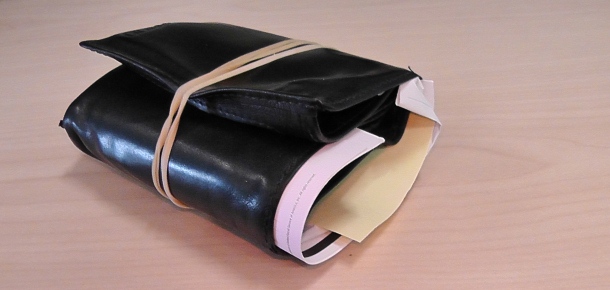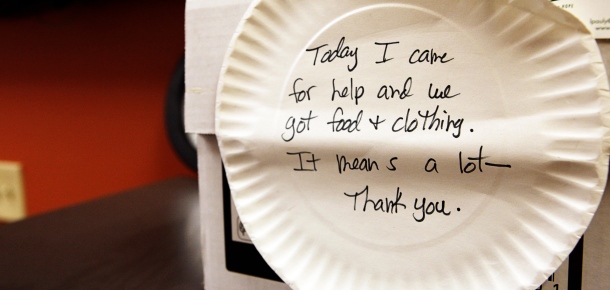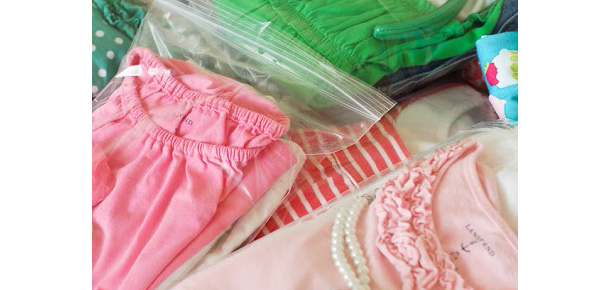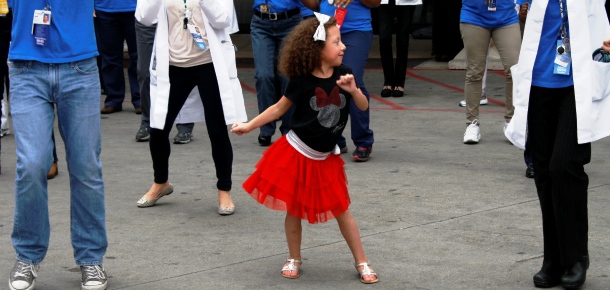We’ve all seen them. Maybe your father had one. Maybe you have one, or your husband. That bulging bit of stretched leather so stuffed with used gift cards, business contacts, receipts, and other random pieces of paper it has to be held together with a rubber band. As a child I remember my dad’s black, leather billfold being so large that it barely fit in his pants pocket.
In his wallet, my dad carried everything that was important to him. It’s a wonder there was ever enough room in there for money.
And, while it may have been unsightly, and likely uncomfortable to carry around, there are a few lessons that I have taken from my father’s wallet that have helped me prepare for an unplanned doctor’s appointment or trip to the emergency department with my kids.
Here are some things my dad was never without, and you shouldn’t be either:
1. Your Insurance Card – Having your insurance card with you can save you a lot of headaches, phone calls and paperwork after your visit. Our staff verifies your insurance every visit to ensure we have all of the correct information, and make sure your billing is handled correctly.
2. Your ID – It’s always a good idea to have your ID with you.
3. Your Social Security number and the Social Security numbers of your children – My dad had a card in his wallet that had the date of birth and social security numbers of each of his children written on it. That way he never had to worry about remembering them. And remembering things like birthdays can be hard to do in stressful situations. Nowadays, with smart phones and other devices, you might not need a hand written card, but keeping them on you somewhere is a good idea.
4. A List of your Child’s Allergies and any Medications they take – While we’re on the subject of cards, this was another card my dad always had on his person. Carry a card of any allergies your child has, as well as any medications. Medications should list the medication name, amount of the dosage, and how often your child takes it.
5. The name of your child’s primary care doctor and their office address – During your visit, our doctors may need to contact your child’s primary care doctor to discuss your child’s care. Knowing your family physician’s name and contact information for their primary office will help us reach them more easily. It also allows us to forward information to them after your visit so they can follow up appropriately.
6. Money for your co-pay – Many insurance companies require a co-payment — the patient’s portion of the bill that is not covered by the insurance company — which is due at the time of service. Whether it’s a stash of bills hidden in a secret place, or a special card you never use, it’s always good to have some money with you for an emergency.
Do you have a “dad wallet”? If so, throw out that old receipt from your 1997 dinner at Denny’s and make room for these important items. It can help eliminate some of the stress of a visit to the emergency department should you find yourself needing care urgently.
How many of you currently carry these things with you? Are there other things you never leave the house without?





